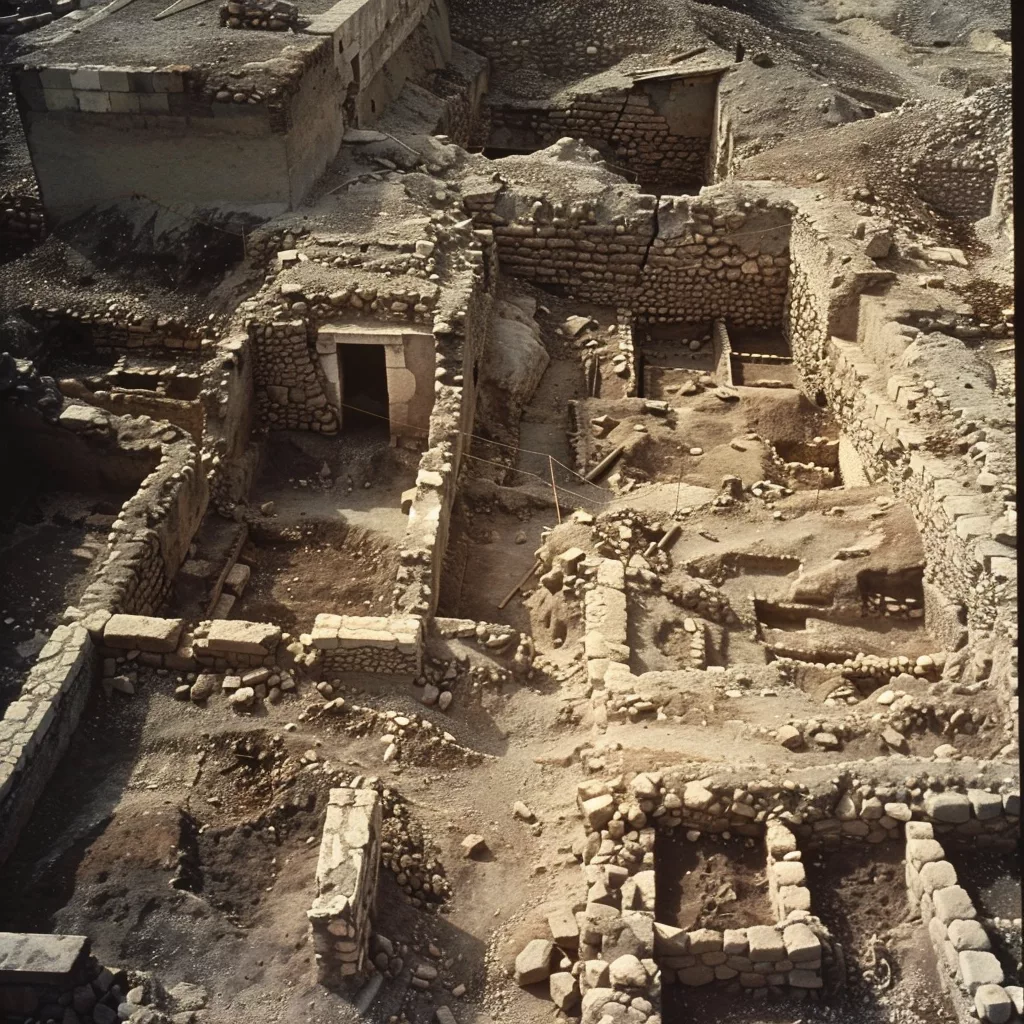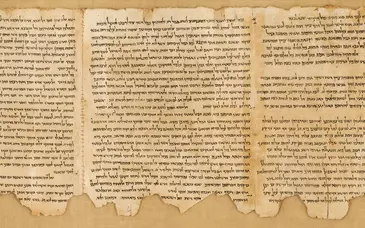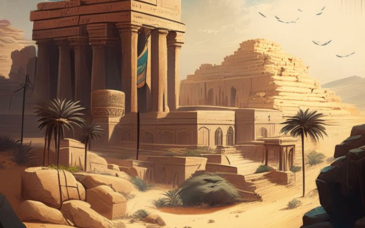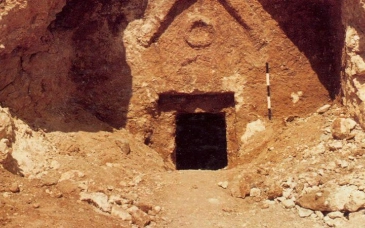In the narrative of Acts leading up to Ephesus, Luke has shown what happens when Paul visits a town for a few weeks (e.g., Philippi or Thessalonica), or a period of a year and a half (i.e., Corinth). At this juncture, Luke seeks to demonstrate what happens when the apostle stays for a three-year duration in a major city of the Roman Empire. This is Ephesus.
For this treatment of Paul's Ephesus, we will look briefly at the episodes connected to Ephesus in the book of Acts, we will take a tour of the city (Site Guide), and then look into how Luke uses the city in his narrative. Before advancing further, here are the various episodes connected to Ephesus in Acts.
Episodes Connected to Ephesus
- Transition, Including a Brief Visit to Ephesus (18:18-23)
- Apollos (18:24-28)
- Disciples of John (19:1-7)
- Paul Teaches in the City (19:8-10)
- The Sons of Sceva (19:11-20)
- Paul's Travel Plans (19:21-22)
- Demetrius and the Riot (19:23-41)
- Further Aegean Ministry (20:1-14)
- Paul and the Ephesian Elders (20:15-38)
Why Ephesus?
Why did Luke choose to put such a great emphasis on Paul's ministry in Ephesus? It seems clear that Ephesus was Luke's only choice when we consider the city's antiquity, size, and reputation, as well as the Christian tradition in that city and how it works in the Lukan narrative.
The city has a long history. It is difficult to say when the area of Ephesus first began to be occupied, but it seems to have a Greek connection as early as 1100 B.C.E. It was the chief of the twelve Ionian cities in Asia Minor's west coast. Croesus conquered it in 560 B.C.E., Antiochus captured it around 196 B.C.E., it was incorporated into the Roman province of Asia in 133 B.C.E., Mithridates had a brief stronghold there in 88 B.C.E., but it was returned to the Romans, and was eventually sacked by the Goths in 263 C.E.
The size and population of Ephesus is also very significant. The city was very large—the largest city that Paul visited during his missionary activities (Rome is excluded). With an estimated population between 200,000 and 250,000 people, Ephesus stood as the third largest city in the Roman Empire behind Rome and Alexandria (Trebilco "Asia," 307). It was the capital of the Roman province of Asia and the main port of its region.
Also important is the city's reputation. Ephesus stood out as a city of interest, like other well-known cities in Paul's day (e.g., Athens and Corinth). With its temple for Artemis being one of the seven wonders of the ancient world, Ephesus was the ideal place for the Pauline mission to take place—perhaps this was the reason his mission was successful. It was the capital city for the province of Asia, and held considerable status for both Greek and Roman interests.
What is also undeniable about Ephesus is the role it played in the early development of Christianity. Ephesus had a legitimate Christian tradition and connection to Paul. Why did Luke not emphasize a Pauline mission in Alexandria or Rome? Alexandria is a large city which later became a center for Christianity, but there is no Pauline tradition connected to that city. Rome is an important city for Paul in its own right, but for Luke's purposes Rome served as Paul's goal, not a grand center of missionary activity. He arrived in Rome in chains, and though the gospel has success there it makes more sense in the narrative for Ephesus to be the focus of Paul's extended ministry. Not only is there an epistle to the Ephesians attributed to Paul, but further references are made to that city in the Pauline Corpus:
"I fought with beasts at Ephesus" (1 Cor 15:32).
"I will stay in Ephesus until Pentecost" (1 Cor 16:8).
A few references in the Pastoral Epistles (1 Tim 1:3; 2 Tim 1:18; 4:12).
Ephesus is also connected with Johannine Christianity and included as one of the seven churches of Asia Minor (Rev 1:11, 2:1). Tradition also claims that Mary spent the later part of her life in Ephesus.
The last clue comes from the manner in which Luke utilizes Ephesus in the narrative of Acts. The episodes dealing with Ephesus occur about halfway through Luke's narrative on Paul, roughly three quarters of the way through the book of Acts. It occurs toward the end of the section of Paul's ministry before his final trip to Jerusalem and his journey to Rome. It is the climax of Paul's ministry. While Luke's goal is to get Paul to Rome, the most significant portrayal of "the Way" is found in Ephesus.
Before looking in further detail at the specific panels in Acts, a guide through the ancient city is important to bring us back to the ancient contexts of these events.




